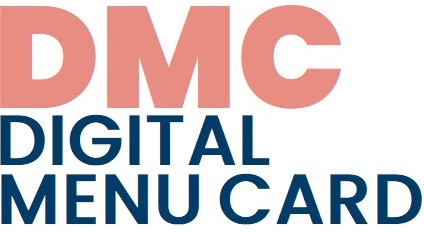There are a few different ways to approach brainwriting (6-3-5, collaborative, remote), but the basic method is as follows:
1. Each person writes down their ideas in response to a question or problem.
2. When finished, they pass their paper to the next person who then reviews the ideas and adds to them.
3. Once the papers have made a full round, the team shares all the ideas (usually on a whiteboard).
Brainwriting has several benefits and advantages over brainstorming.:
• Faster, more efficient idea generation
• Less social anxiety and competing personalities
• Often yields more diverse and creative ideas
• Avoids falling into group-think consensus
Brainwriting is a great alternative to brainstorming, especially when you have a mixed group of personality types (i.e., introverts and extroverts) or those who think better on paper first.
It’s also a good choice if you don’t have an experienced moderator to keep a lively brainstorming session on track. With brainwriting, most of the work is done quickly and quietly on paper, so it’s easier to stay focused on the question or problem at hand.
• It requires index cards or paper and pencils. This may require planning and prevent informal sessions.
• It takes time to write down ideas.
• People with poor spelling or bad grammar skills may be intimidated by more prolific authors.
• Because the responses can be anonymous, there’s no accountability.
• Participants may feel free to behave badly if not reminded to respond with respect, integrity and sincerity.
• Because ideas are generated in silence, enthusiasm and energy levels may be low.
• Participants may not be motivated to contribute ideas without fully understanding the problem.
• Typically, there is no chance to have an open dialog with the rest of the team members, as is done in traditional brainstorming sessions.
1. Clarify the rules and parameters
2. Identify the problem or question to be answered
3. Have participants write down their ideas in a set amount of time
4. Share all the answers in one place
